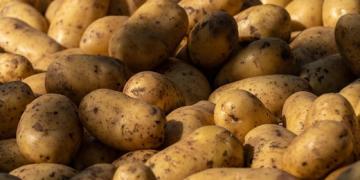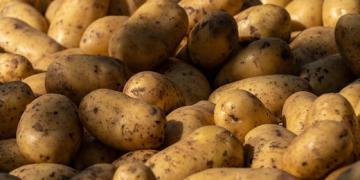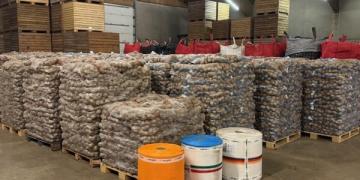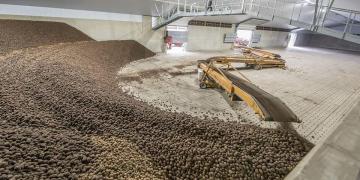Bangladesh: New variety lights path of onion-sufficiency
Currently, Bangladesh meets about 30% of local demand for onions through imports
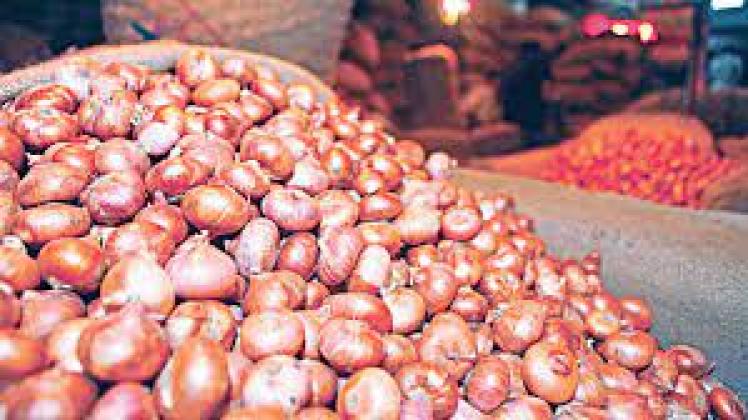
The development of the BARI-5 onion variety in 2008 had been heralded as a major breakthrough in the search for self-sufficiency in onion production. But more than 11 years down the line, the high-yielding bulb could not make it to farmlands until the country met with a severe shortage of this key kitchen staple a few years back.
To boost onion production and meet soaring local demand, the government stepped in to popularise the BARI-5 variety among farmers in recent years.
The Bangladesh Agricultural Research Institute has also kept on its research to develop more high-yielding varieties.
Agri researchers say BARI-5 is a summer variety but it can be cultivated all year round. Its productivity is 30 tonnes per hectare – at least three times higher than that of 3-4 currently available local varieties.
More than 1,000 farmers have already cultivated the high-yielding onion on 25 hectares of land in several areas of Meherpur, Pabna, Ishwardi, Jhenaidah, and Chuadanga.
Faruk Hossain, an onion farmer from Kaligangni village in Meherpur Sadar upazila, said, "Last year, I cultivated BARI-5 onion on my land and got a production of more than 100 maunds per bigha. Other farmers have also become interested in cultivating this variety after seeing my success."
The government has emphasised increasing rice production through various researches since independence. But when it comes to increasing onion production, it failed to do so owing to a lack of research, the researchers point out.
According to the World Bank, the average productivity of rice in Bangladesh is 4.62 tonnes per hectare compared to 4.61 tonnes per hectare in the world. However, the productivity of onions in the country is 9.76 tonnes per hectare, which is about half of the global average of 19.02 tonnes per hectare.
The productivity of onions in neighbouring countries, such as India, Pakistan and Sri Lanka is 16.41, 13.20 and 15.54 tonnes per hectare respectively, as per the World Bank.
Now, researchers hope that Bangladesh can achieve self-reliance in onion production through cultivation of BARI-5.
Dr Md Nur Alam Chowdhury, senior scientific officer at the Bogura Spice Research Centre, said, "We have given BARI-5 onion seeds to the Bangladesh Agriculture Development Corporation that will now distribute seeds among farmers. The Department of Agricultural Extension will work on its expansion.
"It will take two to three years to increase the supply of seeds. The big change will come when farmers start producing seeds themselves."
Only 3-4 varieties of onions with productivity of 7-9 tonnes are found in the country although more than 200 high-yielding varieties of rice have been developed by different government and private researchers. Since independence, rice production has also increased from about 1 crore tonnes to about 3.70 crore tonnes.
As a result, Bangladesh is still heavily dependent on onion imports. Currently, it meets about 30% of the demand by imported onions. According to sources, Bangladesh currently produces about 20 lakh tonnes of onions per year excluding wastage.
Md Nazirul Islam, former director general at Bangladesh Agricultural Research Institute, told The Business Standard, "The highest production of BARI-5 onion that we have got in experimental cultivation is 30-35 tonnes per hectare."
"We may not be able to change the average rate of production quickly, but we will be able to produce as much as we need when there is a shortage of onions in the country. Because this variety is produced all year round," he added.
Fuente: tbsnews.net

